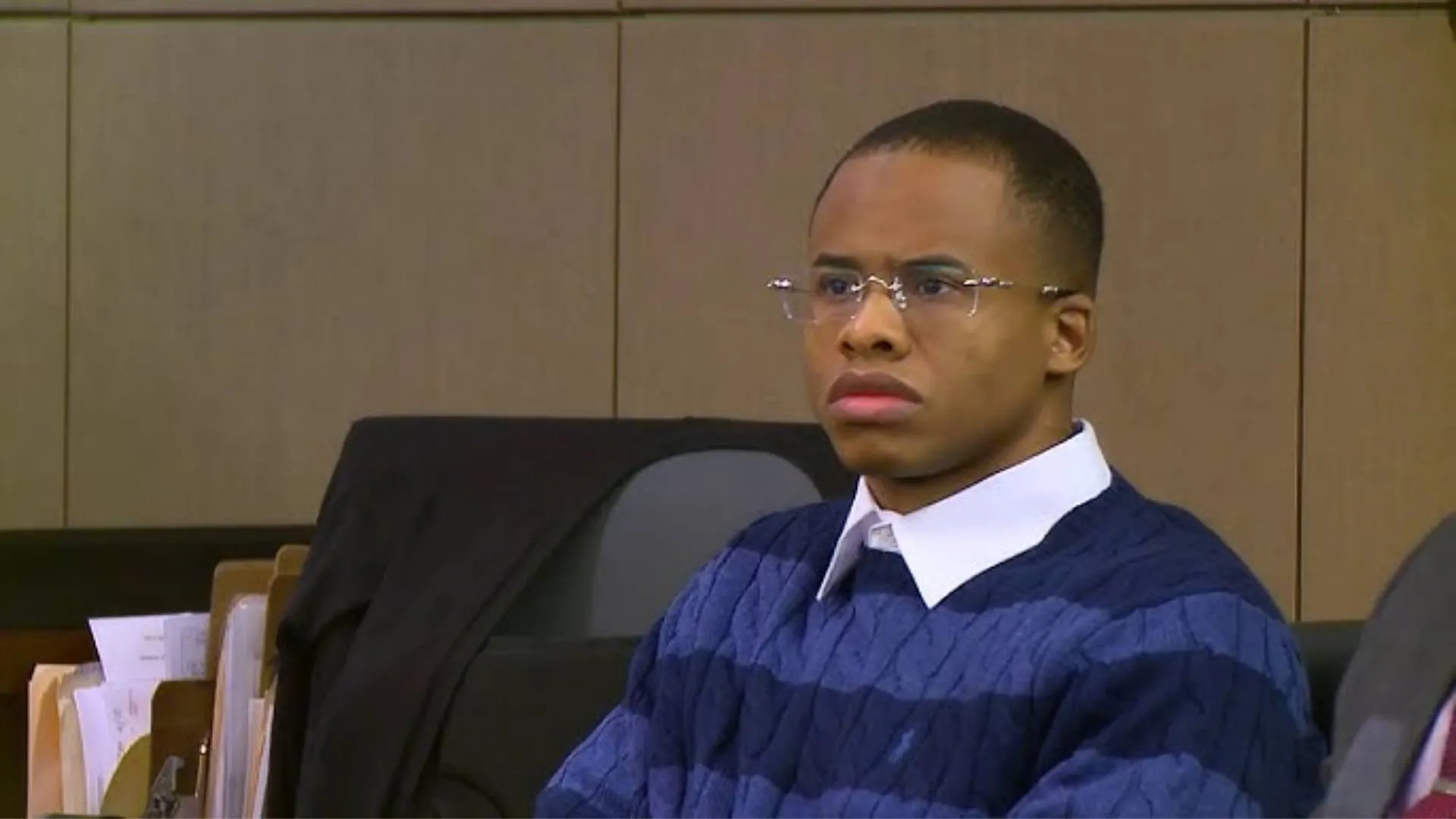Jammu and Kashmir has prepared for its first Legislative Assembly elections since the abrogation of Article 370, scheduled between September 18 and October 1, 2024. This is a pivotal moment for the region.
This election marks the first since the state’s special status was revoked and its statehood was dissolved in 2019. The three-phase election will see 7,74,462 registered voters elect their next leaders. I’ve spoken to them personally to get a deeper understanding of the sentiment on the ground.
The removal of Article 370 and the bifurcation of Jammu and Kashmir into the Union Territories of Jammu and Kashmir, and Ladakh, have significantly reshaped the political and social landscape. The previous assembly elections, held in 2014, resulted in a coalition government between the Jammu and Kashmir Peoples Democratic Party (PDP) and the Bharatiya Janata Party (BJP). However, this time, the stakes are much higher for the residents, who have been patiently waiting for a government to form.
As the elections approach, the voices of the people in Kashmir reflect the current mood and expectations from this government. I spoke with some residents of Srinagar to understand their perspectives and concerns as voters.
Also read: NewsX in Kashmir: Women Voters Surpass Men, So What Do They Want?
Exercising Cautious Optimism
Showkat Arif, a resident of Sonwar, Srinagar, expressed, “We want Article 370 back because it benefited us. Our children got jobs during that time, but now non-Kashmiris are getting jobs here, and we, the local youth, are left unemployed. The youth here are jobless, while the Centre sends employees from outside, leaving us with no opportunities.
“The roads here are in poor condition, and most importantly, electricity is a major issue. Power cuts occur frequently, almost four days a week. I think Kashmir is developing, and the BJP has made efforts, but the main problem is the lack of job opportunities. Many young people here are turning to drugs, leading to frustration and substance abuse.
“I admit that people in Kashmir used to engage in stone-pelting and terrorist activities influenced by Pakistan, but that has stopped now. The BJP has played a role in curbing these issues. However, there is no proper drainage system, and we suffer because of it.
“But I must say, there is a positive change in Kashmir, especially in terms of women’s empowerment. Girls are getting educated, and that’s something to be proud of.”
Shuja Younis, a resident of Shivpora, Srinagar, shared, “I want relief from what feels like police dominance, what many refer to as ‘gunda raj.‘ Since 2019, even if we walk in the streets, the sirens from police vehicles force us to step aside, even if we are in a rush or emergency. We can’t even protest for basic things like water. I am hopeful that these elections will give us a voice to demand our rights and end this excessive police control.”
When asked what else he expects from the elections, Shuja highlighted unemployment:
“Unemployment is a huge issue. Even those who were earning well, like businessmen, have suffered. New rules have made it difficult for them to continue. There should be some relief for business owners. Tourism has improved a bit, but it’s not as significant on the ground as people claim. I hope that too will improve. We should also have better access to local ministers so that they can listen to and act on our demands.”

On safety, Shuja noted: “Terrorism has almost completely disappeared. It used to be a daily occurrence, but now we rarely hear of such incidents. The BJP has been tough on security, and no one can deny that. There are still some cross-border issues, but the internal situation has improved a lot.”
Aamir Hassan Khanyari, another resident of Srinagar, says, “I’ve been living in Kashmir for the past six months. I voted in the parliamentary elections, and though the BJP isn’t openly here, they have proxy candidates. The people of Kashmir can be easily influenced, but personally, I feel if the BJP comes to power, it will be good. We’ve seen improvements over the last four years, and it makes sense to continue in that direction.”
When asked about his demands as a voter, Aamir responded, “Having lived in Goa and experienced true democracy and freedom, I feel that such freedoms were lacking in Kashmir. In the last four years, we’ve seen a return of that freedom. Peace is something I deeply value. Regardless of which government is in power, the key is working towards peace, which is what people desire.
After 30 years of suffering, it’s crucial that peace be prioritized. Everything necessary to achieve peace should be done, as it’s the most important thing. Without safety, the core aspects of living in a free world—security and safety—are compromised. That’s what people truly want.”
Jobs & Progress Key Priorities
Residents are eager for progress, with many calling for better job opportunities, improved infrastructure, and a reduction in heavy police presence. At the same time, there is cautious optimism about the future, with some seeing positive changes and a desire to build on recent improvements.
The upcoming elections will play a key role in shaping Jammu and Kashmir’s future, addressing the needs and concerns of its people, and setting a course for stability and growth. As voters head to the polls, their voices will guide the region through its next chapter, aiming for a better and more secure future for everyone.























